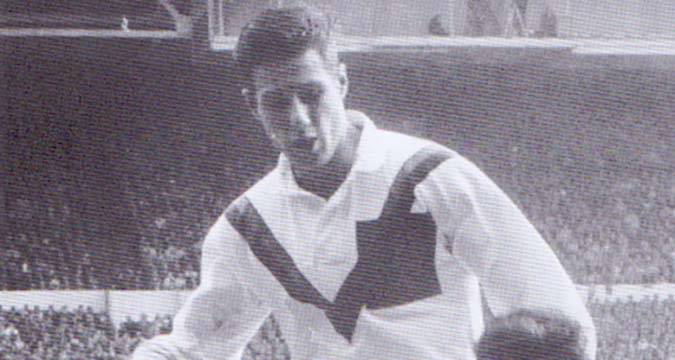 When Rugby League united a mother and son
Wakefield centre Ian Brooke toured the Southern Hemisphere twice, firstly with the 1966 Lions and then with Great Britain’s 1968 World Cup side.
He was outstanding in two spells at Trinity during their halcyon days, which sandwiched a spell at the newly reformed Bradford Northern. He later went into
When Rugby League united a mother and son
Wakefield centre Ian Brooke toured the Southern Hemisphere twice, firstly with the 1966 Lions and then with Great Britain’s 1968 World Cup side.
He was outstanding in two spells at Trinity during their halcyon days, which sandwiched a spell at the newly reformed Bradford Northern. He later went into Rugby League Heroes: Ian Brooke
 When Rugby League united a mother and son
Wakefield centre Ian Brooke toured the Southern Hemisphere twice, firstly with the 1966 Lions and then with Great Britain’s 1968 World Cup side.
He was outstanding in two spells at Trinity during their halcyon days, which sandwiched a spell at the newly reformed Bradford Northern. He later went into
When Rugby League united a mother and son
Wakefield centre Ian Brooke toured the Southern Hemisphere twice, firstly with the 1966 Lions and then with Great Britain’s 1968 World Cup side.
He was outstanding in two spells at Trinity during their halcyon days, which sandwiched a spell at the newly reformed Bradford Northern. He later went into 